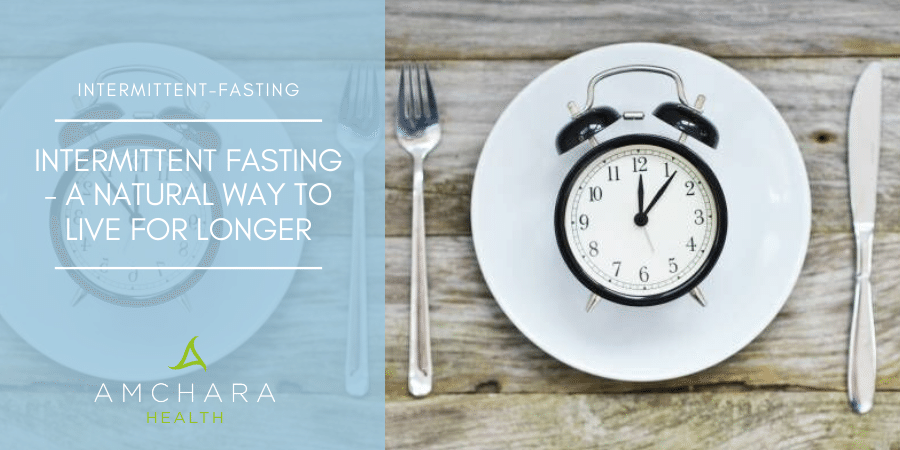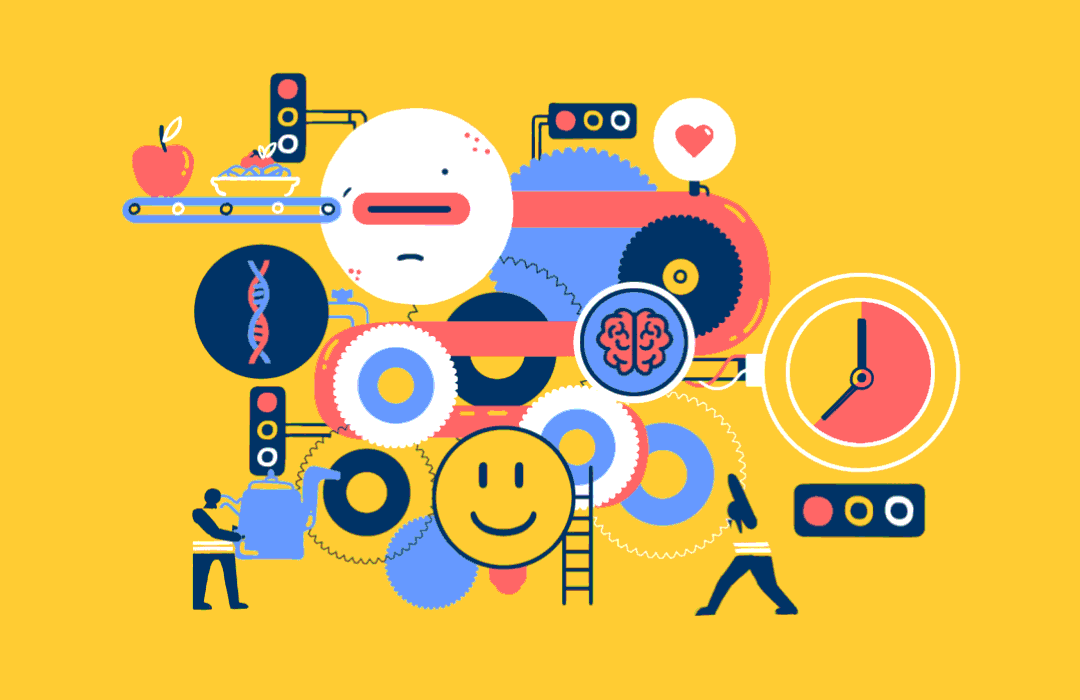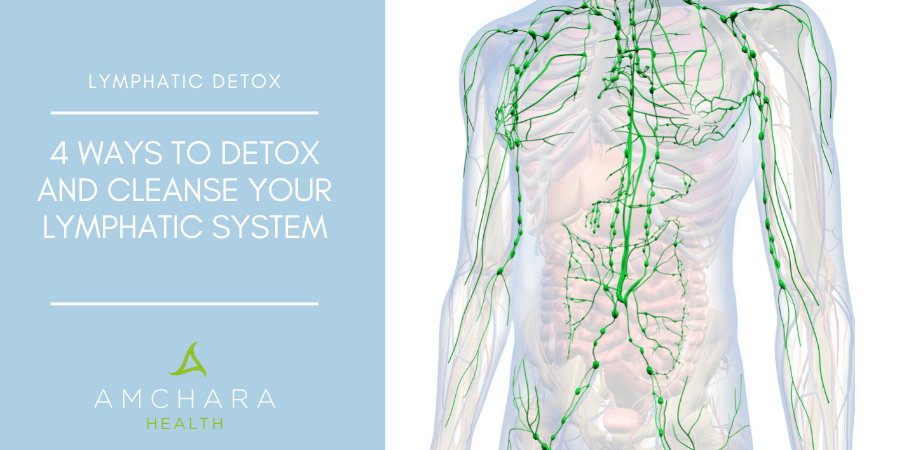Since the BBC made a TV documentary exploring the benefits of intermittent fasting, many people have awakened to the idea and have adopted it as part of their lifestyle to live longer, stay younger and feel better.
In this blog post, we investigate how intermittent fasting works to improve your health, prevent disease and promote longevity.
Article Index:
- Intermittent-fasting: An introduction
- Kick-starting natural repair and health
- Alternate day fasting
- Fasting is fabulous for the body
- How do I start?
- The intermittent fasting (IF) diet
- The fasting diet
- Why fast at all?
- If you are interested in started fasting
- Starting your fasting lifestyle
Intermittent-fasting: An introduction
Our ancestors lived in a world that was highly stressful and where food was scarce. Intermittent fasting was, therefore, a part of the natural human diet as there would have been times when it was not safe to find food, or when there was very little food available to them.
This way of life left a lasting genetic footprint with very important information about human wellbeing and health.
Intermittent fasting promotes natural cell repair within the body, decreases oxidative stress and seems to be the key to longevity and keeping younger for longer, which we all want.
Over thousands of years, scarce food sources meant that the human body developed a healthy way to manage these alternating phases of food availability.
When food was scarce, the membranes of our cells became more sensitive to insulin, which is very important because this ensures that all food consumed is used efficiently by the body or stored for later use.
When there was lots of food available, the cells become less sensitive to insulin which helps to prevent stress from heavy or high calorie intake.
This means that insulin levels are increased, as is fat storage in preparation for food scarcity in the future.
But on the downside, elevated insulin levels increase the division of cells which is not good news in relation to cancer. In today’s world, there is no fluctuation in the availability of food and so we constantly have surplus food in our bodies.
This has adverse effects on the body however for prolonged periods, as the body produces less cell repair hormones, which in turn inhibits anti-ageing effects.
Thus, in the modern day, we need to somehow kick-start the natural bodily processes for cell repair, anti-ageing and optimum health.
Illustration by Nikolay Ivanov and Fausto Montanari for Endpoints.
Kick-starting natural repair and health
Intermittent fasting is the best and most effective way of kick-starting the rejuvenation of cells in the body.
By adopting such a diet, research has shown that cells live for longer when food is scarce (food is not actually scarce, but your body believes that it is when you are not eating). In terms of energy, it uses far less energy to repair a cell than it is for a cell to divide into two and produce additional cells.
Of course, the main problem with cancer is the splitting and spreading of cancerous cells, and so intermittent fasting can help to decrease cancer cell formation and production.
Alternate day fasting
These natural repair mechanisms are activated due to the release of the Human Growth Hormone (HGH).
This hormone is identified as being responsible for physiological changes in metabolic rate, which helping to burn fat and spare protein.
Amino acids and proteins are what the body uses to repair tissue collagen, and this is the substance that is responsible for the improvement of strength and function of tendons and ligaments, muscles and well as bones.
The hormone also helps to heal cuts and burns on the skin, improves the function of the skin and decreases wrinkles.
HGH has the opposite function to insulin. Insulin’s functions are to store energy, divide cells and activate pro-inflammatory immune response.
HGH deals with efficient usage of food, repair of tissue and anti-inflammatory immune activity.
Insulin in the more dominant of the two, and when the body demands the release of insulin, such as when you eat carbohydrates, HGH is inhibited meaning cell repair, fat storage and anti-inflammatory activity are all reduced.
Fasting is fabulous for the body
So, as you can see, because fasting reduces insulin function and increases HGH function, intermittent fasting helps with inflammation reduction, immunity boosting and enhances tissue and cell healing.
This is one of the reasons why when we feel ill with an infection, we experience nausea, it is the body’s way of encouraging you too fast to boost immunity.
Clever isn’t it!
Studies have shown that just 24 hours of fasting can give a 1500-2000% increase in HGH levels in the body as well as a significant reduction in bad cholesterol and stabilisation of blood sugars.
Great news for diabetics. Intermittent fasting is not a form of starvation but a way for you to time your meals to maximize your body’s ability to burn fat.
How do I start?
There are many ways you can fast, however it is always recommended that you talk to your GP or other relevant medical professional to ensure it is safe for you to fast and to ensure that you have no medical conditions that right cause you to be in danger if you fast without supervision.
- 8-hour liver detox.
- Once you have adopted this as a standard way of life, you can then try to increase the fasting period for one day a week to 16-18 hours without food.
- You can then try a full 24 hours without food once a week, and so long as you’re a healthy enough and have had no problems, you can then try this 2-3 times weekly.
Another and safer method is to visit a detox retreat like Amchara where you can do supervised juice fasting.
You can find out more about our juice fasting program on our juice fasting page.
The intermittent fasting (IF) diet – could this be your resolution?
So, by now if you have been reading our blog and following our Facebook posts you’ll know that we are fans of juice fasting, a form of intermittent fasting that not only helps to detox the body, but also helps with weight loss.
If not, you can brush up on our past posts about fasting.
This article is more aimed at showing you how to start intermittent fasting yourself and where to get the expert help if you need it.
The fasting diet
It is important that if you have ANY underlying health condition, meaning if you are not 100% good health, you should seek expert advice and guidance before attempting to start intermittent fasting and if you are pregnant, breastfeeding or trying to conceive then fasting is not recommended in any way, shape or form as your growing baby needs complete nourishment which it relies on from you.
If you do not seek medical advice and try to fast with pre-existing conditions, you could be putting yourself at serious risk.
So, this includes anybody with any pre-existing health issues including diabetes, and other common illnesses and conditions.
In the case of diabetes, it may be safer to look at a healthier lifestyle that is specifically designed for diabetics.
Why fast at all?
Having read the blog posts in our blog in relation to intermittent fasting you will already know what it is and understand how it can help your body.
The first and most asked question is, why fast?
And we’d like to take a few minutes to answer this.
Fasting intermittently is a lifestyle, not just a quick fix diet and it should be eaten fast live longer treated as such if you want the long-lasting results that include youthful looks for longer, longevity, and to be in the best health you can be as you age.
We all dream of living for longer so long as we remain healthy and aren’t suffering, and if we can grow old gracefully and with beautiful more youthful looks then that would probably be the goal.
Being able to stay beautiful looking, see our grandchildren have children, watch the wildlife and countryside change through the decades -it’s all things that many of us would love.
Fasting is the ideal way to live longer, stay healthier and look better for longer, and therefore fasting is such a popular topic and way of life.
Fasting can also help with a great number of ailments, illnesses, diseases and conditions along the way and has been shown in studies to aid with even the most devastating illnesses and diseases such as cancer.
If you are interested in started fasting
It is best to start of lightly and work your way up to full days of fasting.
At Amchara, we like to introduce it by way of juice fasting which is a form of intermittent fasting, but there are many ways of incorporating intermittent fasting into your lifestyle, including the 5:2 diet, which allows 5 feeding days per week where you can eat whatever you like, and 2 days per week allow only 500 calories to be consumed of healthy food.
On average, most people who opt to adopt an intermittent fasting lifestyle can realistically expect to see a weight loss of 10-20lbs within 3-6 months with inches being dropped from the waistline and if you couple the fasting with light exercise too like walking, you will see a beautiful, younger looking toned figure that you will be proud of.
The best way to start juice fasting is to introduce it to your lifestyle slowly over two weeks and start by just fasting for 12 hours.
You can do this by fasting from 8pm after your tea and not having any breakfast until 8am in the morning.
After a few days, increase this to 16 hours, so you will be going from around 7pm until 11am without food.
If you manage to cope OK with this, you can start to consider the 5:2 approach. But there are some things to remember.
First, on your feeding days, you can east what you like. Secondly, the two fasting days of each week must not be consecutive days.
So, you could try fasting on Wednesdays and Sundays, or if you are a fan of a big Sunday roast fast on Tuesdays and Saturdays.
Perhaps you want to get it over with in the week, so you could do Mondays and Thursdays.
Or even Tuesdays and Thursdays.
The point it that it doesn’t matter when you fast and when you feed so long as you do not fast on consecutive days.
On the fasting days, you can eat 500 calories maximum (when you like), and you should preferably eat those 500 calories from healthier foods such as fresh soups, salads, vegetable dishes, juices and smoothies and so on.
And there you have it. It’s that simple.
The great thing is that it’s not like a diet because you don’t have to abstain from anything that you love.
You just simply skip your favourite foods on the two fasting days. If you think you will find it hard to start fasting or if you have an illness and need guidance, you can always consider attending a detox retreat and enjoy guided/supervised fasting.
That way you can learn how to fast safely for you before carrying on yourself at home.
Starting your fasting lifestyle
If you are the kind of person who prefers to follow a meal plan, then you should perhaps have a go at planning out the foods you will eat o your fasting days.
It is best to allow some freedom on the feeding days as this prevents boredom and helps to keep you keen to keep on with the fasting lifestyle.
It’s always a good idea to have a look at some healthy recipes online and in books too as they might give you some ideas that you hadn’t considered and can help to keep things new and interesting on your fasting days (and on your feeding days if you prefer a healthier lifestyle on those days too).
Read this next:






